Contents
Guide

The author and publisher have provided this e-book to you for your personal use only. You may not make this e-book publicly available in any way. Copyright infringement is against the law. If you believe the copy of this e-book you are reading infringes on the authors copyright, please notify the publisher at: us.macmillanusa.com/piracy. Contents ONE METAPHYSICAL DOG Belafont, who reproduced what we did not as an act of supine imitation, but in defiance butt on couch and front legs straddling space to rest on an ottoman, barking till his masters clean his teeth with dental floss. How dare being give him this body.
Held up to a mirror, he writhed. was exorcism. Exorcism of that thing within Frank that wanted, after his mothers death, to die. Inside him was that thing that he must expel from him to live. He read The Case of Ellen West as a senior in college and immediately wanted to write a poem about it but couldnt so he stored it, as he has stored so much that awaits existence. Unlike Ellen he was never anorexic but like Ellen he was obsessed with eating and the arbitrariness of gender and having to have a body.
Ellen lived out the war between the mind and the body, lived out in her body each stage of the war, its journey and progress, in which compromise, reconciliation is attempted then rejected then mourned, till she reaches at last, in an ecstasy costing not less than everything, death. He was grateful he was not impelled to live out the war in his body, hiding in compromise, well wadded with art he adored and with stupidity and distraction. The particularity inherent in almost all narrative, though contingent and exhausting, tells the story of the encounter with particularity that flesh as flesh must make. Ellen West was written in the year after his mothers death. By the time she died he had so thoroughly betrayed the ground of intimacy on which his life was founded he had no right to live. No use for him to tell himself that he shouldnt feel this because he felt this.
He didnt think this but he thought this. After she died his body wanted to die, but his brain, his cunning, didnt. He likes narratives with plots that feel as if no one willed them. His mother in her last year revealed that she wanted him to move back to Bakersfield and teach at Bakersfield College and live down the block. He thought his mother, without knowing that this is what she wanted, wanted him to die. All he had told her in words and more than words for years was that her possessiveness and terror at his independence were wrong, wrong, wrong.
He was the only person she wanted to be with but he refused to live down the block and then she died. It must be lifted from the mind must be lifted and placed elsewhere must not remain in the mind alone Out of the thousand myriad voices, thousand myriad stories in each human head, when his mother died, there was Ellen West. This is the body that you can draw out of you to expel from you the desire to die. Give it a voice, give each scene of her life a particularity and necessity that in Binswangers recital are absent. Enter her skin so that you can then make her other and expel her. Survive her.
Animal mind, eating the ground of Western thought, the mind-body problem. She, who in the last months of her life abandoned writing poems in disgust at the failure of her poems, is a poem. She in death is incarnated on a journey whose voice is the voice of her journey. Arrogance of Plutarch, of Shakespeare and Berlioz, who thought they made what Cleopatra herself could not make. Arrogance of the maker. Werther killed himself and then young men all over Europe imitated him and killed themselves but his author, Goethe, cunning master of praxis, lived.
Frank thought when anything is made it is made not by its likeness, not by its twin or mirror, but its opposite. Ellen in his poem asks Without a body, who can know himself at all? In your pajamas, you moved down the stairs just to the point where the adults couldnt yet see you, to hear more clearly the din, the sweet cacophony of adults partying. Phonograph voices among them, phonograph voices, their magpie beauty. Sweet din. Magpie beauty. One more poem, one more book in which you figure out how to make something out of not knowing enough.
LIKE Woe is blunted not erased by like. Your hands were too full, then empty. At the graves lip, secretly you imagine then refuse to imagine a spectre so like what you watched die, the unique soul you loved endures a second death. The dead hate like, bitter when the living with too-small grief replace them. You dread loving again, exhausted by the hungers ineradicable in his presence. You resist strangers until a stranger makes the old hungers brutally wake.
We live by symbolic substitution. At the graves lip, what is but is not is what returns you to what is not. TWO Hunger for the Absolute THOSE NIGHTS ( FOR M.P. ) Those nights when despite his exhaustion or indifference you persisted, then finally it caught, so that at last he too wanted it, suddenly was desperate to reach it, you felt his muscles want it more than anything, as if through this chaos, this wilderness he again knew the one thing he must reach though later, after he found it, his resentment implied he had been forced. Those nights ended because what was missing could never be by the will supplied. We who could get somewhere through words through sex could not.
I was, you said, your shrink: thats how I held you. I failed as my own. Now you surely are dead. Ive searched the databases: you everywhere elude us. Long ago without your reaching to tell me, surely the plague killed you. Each thing in your life you found so incommensurate to the spirit I imagine that becoming untraceable makes you smile.
NAME THE BED Halflight just after dawn. As you turned back in the doorway, you to whom the ordinary sensuous world seldom speaks expected to see in the thrown-off rumpled bedclothes nothing. Scream stretched across it. Someone wanted more from that bed than was found there. Name the bed thats not true of. Bed where your twin died.
Eraser bed. QUEER Lie to yourself about this and you will forever lie about everything. Everybody already knows everything so you can lie to them. Thats what they want. But lie to yourself, what you will lose is yourself. Then you turn into them.
For each gay kid whose adolescence was America in the forties or fifties the primary, the crucial scenario forever is coming out or not. Or not. Or not. Or not. Or not. Involuted velleities of self-erasure.
Quickly after my parents died, I came out. Foundational narrative designed to confer existence. If I had managed to come out to my mother, she would have blamed not me, but herself. The door through which you were shoved out into the light was self-loathing and terror. Thank you, terror! You learned early that adults genteel fantasies about human life were not, for you, life. You think sex is a knife driven into you to teach you that.
HISTORY For two years, my father chose to live at The Bakersfield Inn, which called itself the largest motel in the world. There, surrounded by metal furniture painted to look like wood, I told him that I wanted to be a priest, a Trappist. He asked how I could live without pussy. He asked this earnestly. This confession of what he perceived as need was generous. I could not tell him.
Sex shouldnt be part of marriage. Your father and I, sex shouldnt be part of marriage. That she loved and continued to love him alone: and he, her: even after marrying others then they got old and stopped talking this way. Ecstasy in your surrender to adolescent God-hunger, ecstasy promised by obliterated sex, ecstasy in which you are free because bound in which you call the God who made what must be obliterated in you love. In a labyrinth of blankets in the garage at seven with a neighbor boy you learned abasement learned amazed that what must be obliterated in you is the twisted obverse of what underlies everything. Chaos of love, chaos of sex that marriage did not solve or mask, God did not solve or mask.


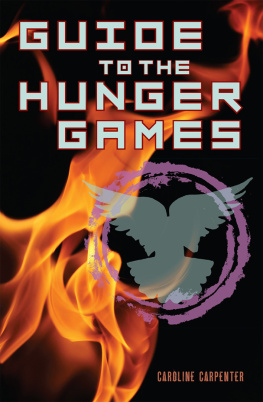

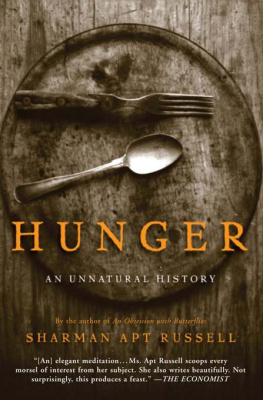
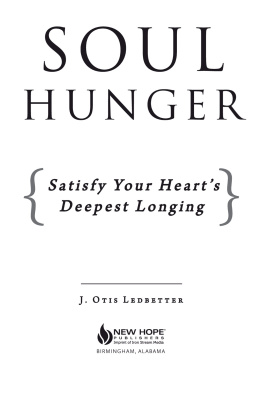
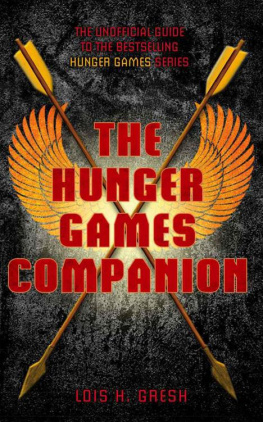


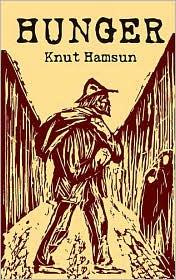
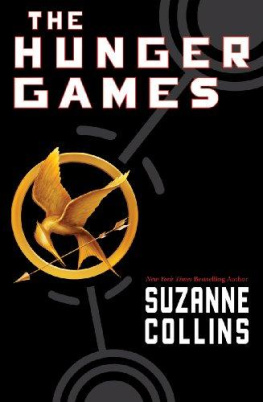
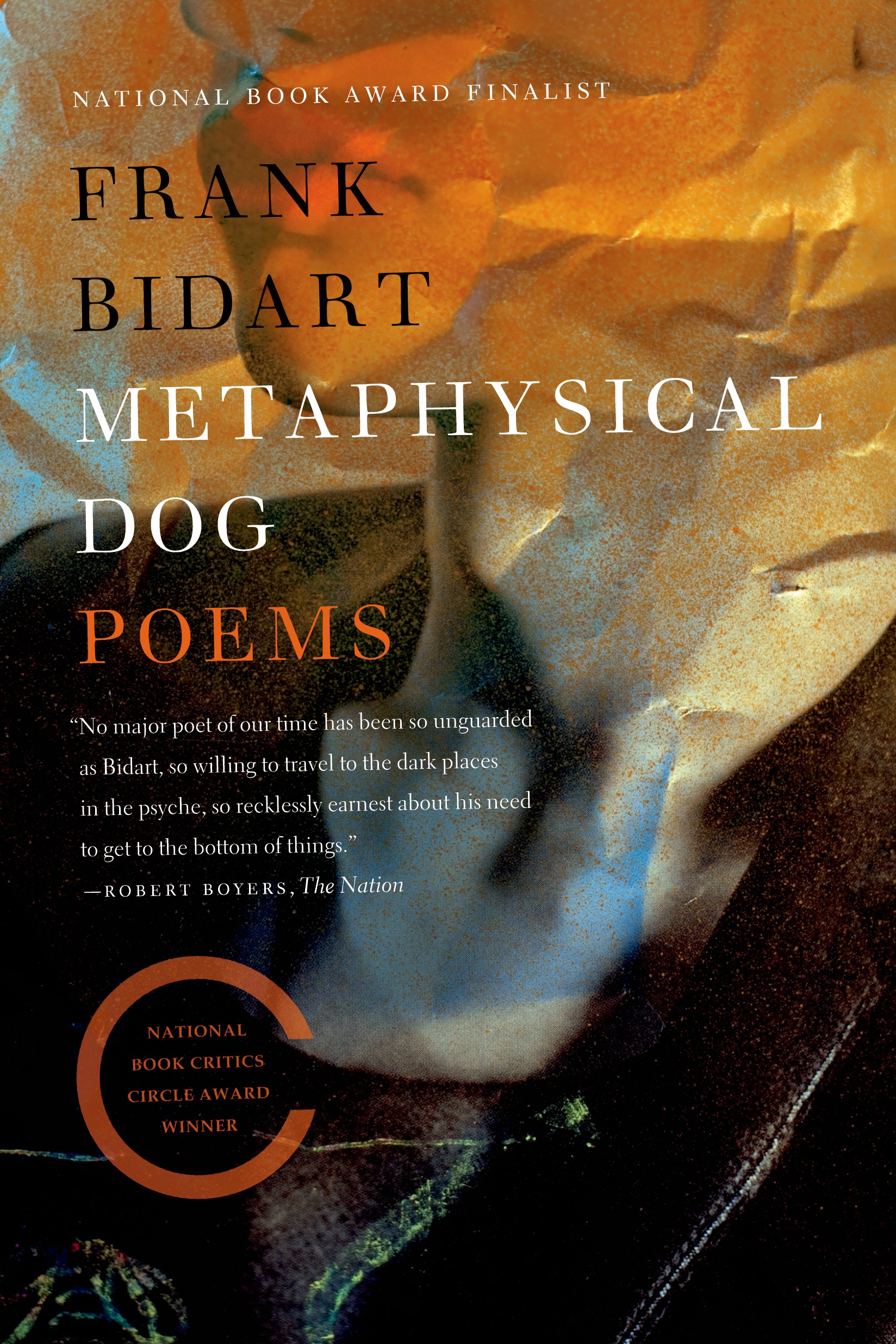
 The author and publisher have provided this e-book to you for your personal use only. You may not make this e-book publicly available in any way. Copyright infringement is against the law. If you believe the copy of this e-book you are reading infringes on the authors copyright, please notify the publisher at: us.macmillanusa.com/piracy. Contents ONE METAPHYSICAL DOG Belafont, who reproduced what we did not as an act of supine imitation, but in defiance butt on couch and front legs straddling space to rest on an ottoman, barking till his masters clean his teeth with dental floss. How dare being give him this body.
The author and publisher have provided this e-book to you for your personal use only. You may not make this e-book publicly available in any way. Copyright infringement is against the law. If you believe the copy of this e-book you are reading infringes on the authors copyright, please notify the publisher at: us.macmillanusa.com/piracy. Contents ONE METAPHYSICAL DOG Belafont, who reproduced what we did not as an act of supine imitation, but in defiance butt on couch and front legs straddling space to rest on an ottoman, barking till his masters clean his teeth with dental floss. How dare being give him this body.